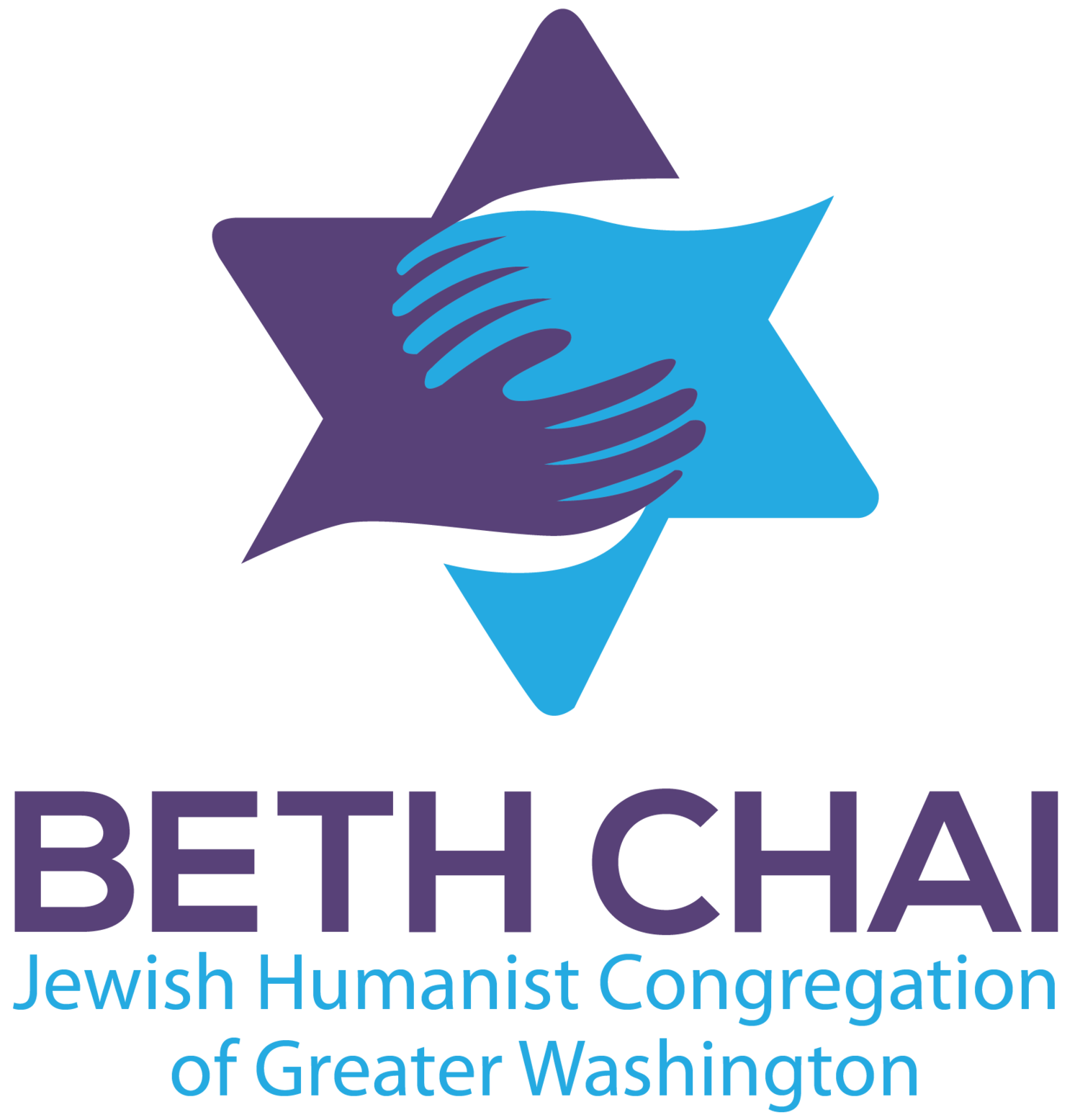Frequently Asked Questions
When do you meet?
Beth Chai meets on Sundays 9:30-12:00 during the school year for Sunday School and Adult Education. We celebrate the Jewish High Holidays and other holidays with services and special events, including Rosh Hashanah, Kol Nidre, Yom Kippur, Sukkot, Chanukah, Purim, and Passover. The congregation meets monthly for Shabbat meals and other celebrations. Finally we celebrate B’nai Mitzvah throughout the year.
What age does Sunday School Cater for?
Our Sunday school classes are for pre-K through Mitzvah Year. We also have a Teen Program that meets monthly that focuses on community building and social action.
Do I Need To Be a Member to Send My Children to the Sunday School?
Yes, membership is required for Sunday School attendance. We have a range of membership levels to accommodate all circumstances, including single parents and families who belong to multiple congregations. You can find a detailed list of options on the Join page.
Can I Visit Beth Chai Before I Decide To Join?
Yes! Please feel free to come check us out. Children are welcome to attend four weeks of Sunday School before joining the congregation. In addition, if you purchase High Holiday tickets and then join Beth Chai, we’ll deduct the ticket price from your membership dues.
What Is Adult Education?
From 10:00-12:00 on Sunday mornings, we host guest speakers and hold robust discussions led by our Rabbi or congregants. Recent topics have included the Israel-Gaza conflict; how the Jews of Luxembourg survived the Holocaust; a discussion of the book Dream Town about the development of Shaker Heights, OH; and the role of Jews in the Civil Rights Movement. On occasion, we take field trips as a congregation. Recent field trips have included Jewish walking tours of Washington DC and Arlington Cemetery and the Holocaust Museum.
What activities are there for senior members?
A group of senior Beth Chai members meet in each other’s homes monthly to socialize, support each other, and to discuss topics of mutual interest.
Do You Welcome Interfaith Families?
Yes! Our congregation has many interfaith families who have found the emphasis on community and humanist, secular values welcoming regardless of their backgrounds. We have members from all over the world, including Europe, Latin America, the Caribbean, the Middle East, and Asia.
What is Humanism?
Jewish Humanism offers a nontheistic alternative to contemporary branches of Judaism. It defines Judaism as the cultural and historical experience of the Jewish people rather than a religion and encourages Jews who are humanistic and secular to celebrate their identity by participating in relevant holidays and rites of passage with inspirational ceremonies that go beyond traditional literature while still drawing upon it. Humanism more broadly attaches importance to human rather than divine or supernatural matters. Humanists stress the potential value and goodness of human beings, emphasize common human needs, and seek rational ways of solving human problems.
What Sets Beth Chai Apart?
Beth Chai offers range of activities that allow our members to get involved in whatever ways they feel most connected to. Our adult education program features intellectually stimulating and engaging conversations with experts on a full range of Jewish and Humanist topics. We emphasize community, including through an annual auction that centers on member-donated and hosted gatherings, such as a Ukrainian dinner or a Japanese tea service, as well as monthly Shabbat dinners. We have an active Social Action program that raises money for various local and national charities and foundations and volunteers at a local food pantry and a donations center. We are very proud of our engaging and fun music program, which features in our Sunday morning family assembly, a class for our younger students, and our family-friendly High Holiday services.
Tell Me About the Mitzvah Program
Beth Chai’s mitzvah program focuses on the development of the teen. Students are asked to do deep research related to an element of Judaism or Jewish culture or history that they find meaningful and then give a lecture to the congregation as the focal point of the mitzvah ceremony. The family creates the rest of the service, which is usually a mix of historical and modern readings and music. Students also participate in our 13 Values Capstone project, by which they demonstrate an appreciation for the themes of their Jewish education and Jewish humanist values. Students choose 13 values and find their own way to demonstrate them. Values to choose from include Tikkun Olam, Tzedakah, Israel, Culture, Forgiveness, Celebration, Debate, History, Identity, Caring, Reflection, Remembrance, Family, and Justice.
